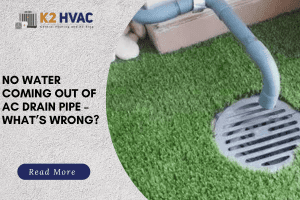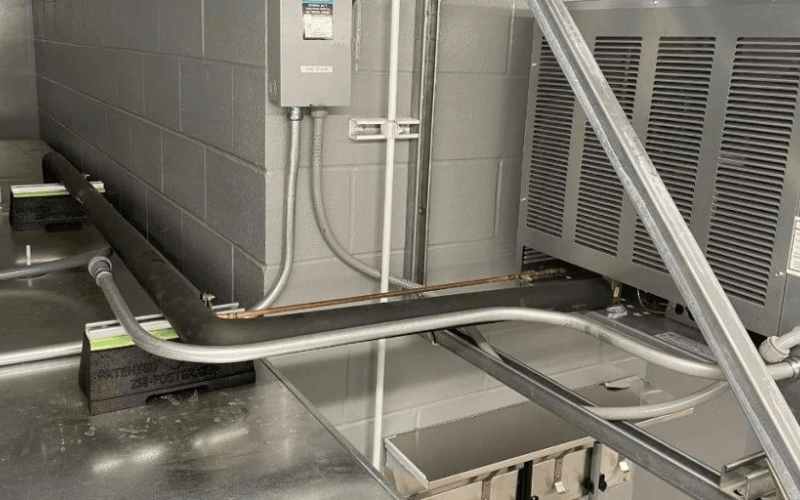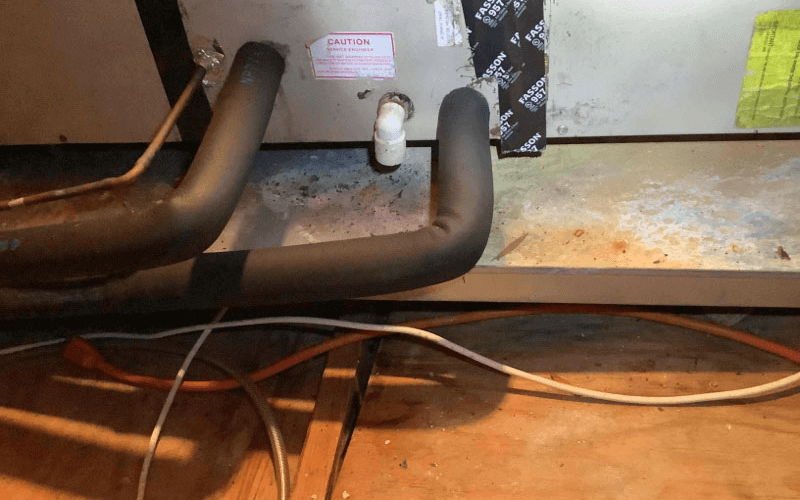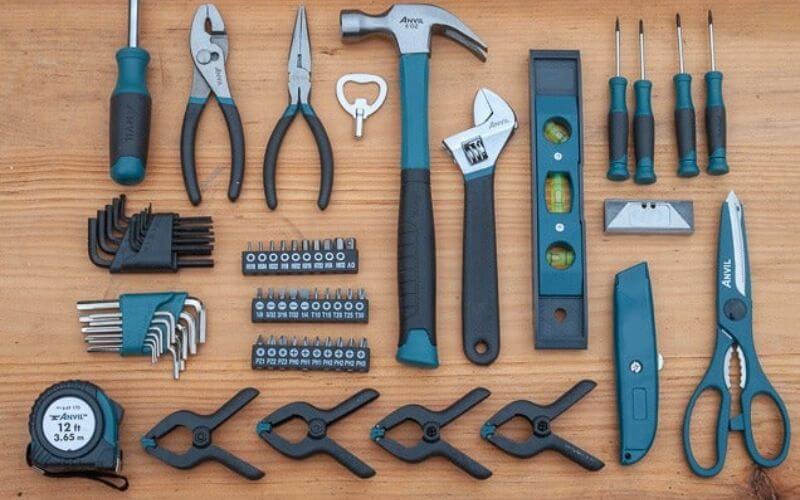Bacteria or viruses in the air are most commonly transmitted through tiny respiratory droplets. When a person with an airborne infection sneezes, coughs, laughs, or even exhales, these droplets are expelled.
Covid-19 is a virus that morphs over time. As a result, new variants of the virus have emerged, and even more, are expected to emerge in the future. Omicron is the most recent Covid-19 variant. The Omicron virus caused more infections and spread faster than the original SARSCoV2 strain. SARSCoV2 disease is transmitted directly or indirectly through infected secretions such as saliva or respiratory secretions or through respiratory droplets emitted when the infected individual coughs, sneezes, speaks, sings, or can be transmitted through close contact. Covid-19 can be classified as an airborne virus.
Table of Contents
ToggleIn this article, we will look at how indoor air quality helps prevent Covid-19 and other airborne viruses and infections and how you can prevent viruses and Bugs from coming into your home.
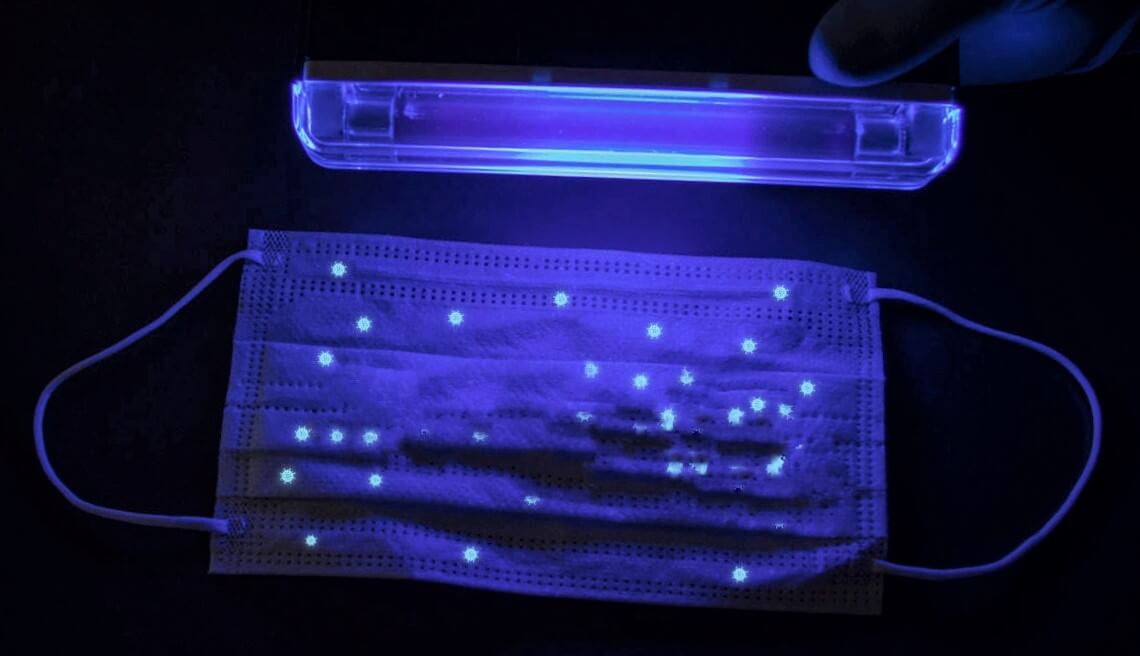
The significance of indoor air quality
Improving Indoor Air Quality is critical for your good health. You spend a lot of time indoors, at home, at work, and in other places where gas, chemicals, and other airborne viruses can cause headaches, eye irritation, allergies, and, in some cases, Covid-19.
Toxins can contaminate indoor air quality. More than 81% of people are at risk of respiratory and skin problems due to poor indoor air quality. As a result, it is critical to consider how this affects your health and look for ways to improve indoor air quality.
These indoor air pollutants can have long-term health consequences for your body. Indoor pollution can cause respiratory problems, which is the primary symptom of Covid-19.
Scientists discovered that technologies such as HEPA filters, UV bulbs, and air purifiers reduce the risk of COVID-19 spreading through fine airborne particles based on modeling and experimental analysis results. As a result, maintaining good indoor air quality can protect you from various problems, including airborne viruses and Covid-19.
Air contaminants such as viruses can be reduced in buildings and tight spaces using proper air purifiers and HVAC filters. Air purification and filtration can’t protect you against COVID-19 on their own. But when combined with other best practices recommended by the CDC and other public health agencies, such as social distance and mask use, filtration becomes an effective way to reduce the likelihood of COVID-19 indoor airborne transmission.
HVAC filters and air purifiers are intended to filter pollutants and contaminants from the air passing through them. Air purification and filtration aid in reducing air pollutants, including virus-carrying particles.
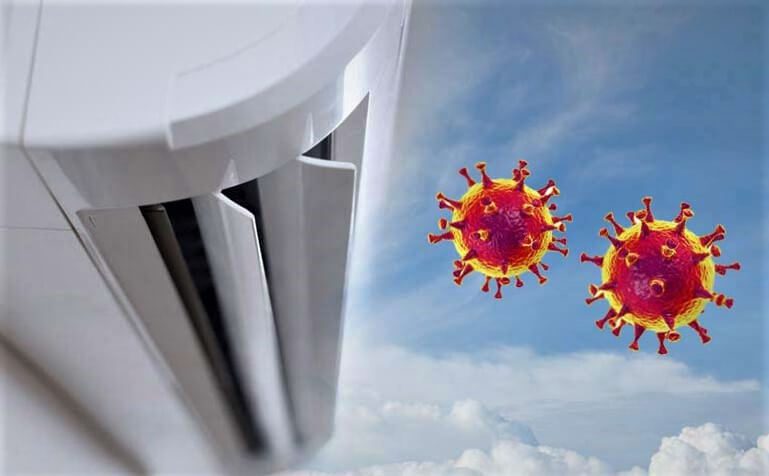
How Should You Use Filters and Air Purifiers?
To effectively remove viruses from the air, make sure that your air purifier can remove small particles (size range 0.11 μm) in the air. Manufacturers claim this capability in a variety of ways. To evaluate the performance of air filters, many manufacturers use the Clean Air Delivery Rate (CADR) rating system. Some manufacturers also claim that they have used HEPA (High-Efficiency Particulate Air) filters in the HVAC system. While buying the HVAC unit, consider the following points:
- The unit is the correct size for the space you want to use it.
- A unit with a high CADR for smoke is labeled a HEPA unit or explicitly states that it filters particles in the 0.1-1 μm size range.
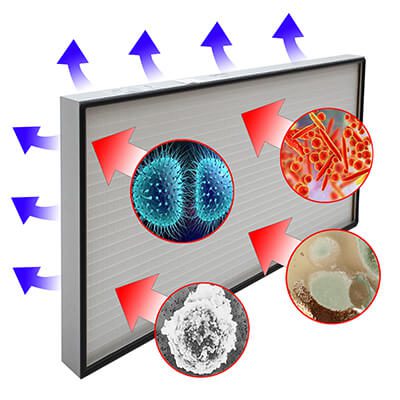
HVAC filters in Houses
Portable air purifiers are intended to filter the air in a single room or area. Central furnaces or HVAC filters clean the air in the entire house. Portable air purifiers and HVAC filters can help to reduce indoor air pollutants like viruses. Portable air purifiers and HVAC filters can’t protect you against the virus that causes COVID-19. Filtration and other CDCs and best practices can be included in a plan to protect yourself indoors.
Prevent Covid-19 by improving your indoor air quality with technology!
The COVID-19 pandemic resulted in significant policy changes around the world. Less human contact is preferred to control high viral infection rates, and air bio-decontamination and surface sterility are required. Filters, UV Air Purifiers, and ionization can purify the air in large businesses and facilities. However, some drawbacks may limit the effectiveness of these techniques. Due to the high cost and special maintenance requirements, these methods do not apply to rural areas, homes, development areas, and low-budget institutions.
Good indoor air quality helps prevent viruses and infections in the air, including Covid-19, so have an HVAC specialist inspect the indoor air quality and install technologies such as UV bulbs and HEPA filters for your safety. Contact K2 heating and cooling. Immediately! With years of experience in the HVAC industry, experienced technicians are certified and trained to install techniques to improve indoor air quality.



